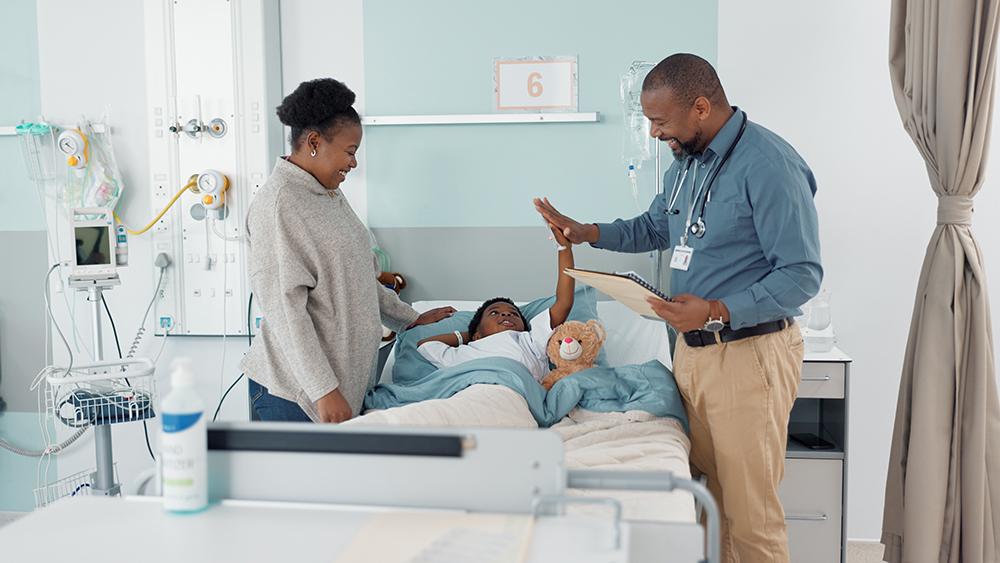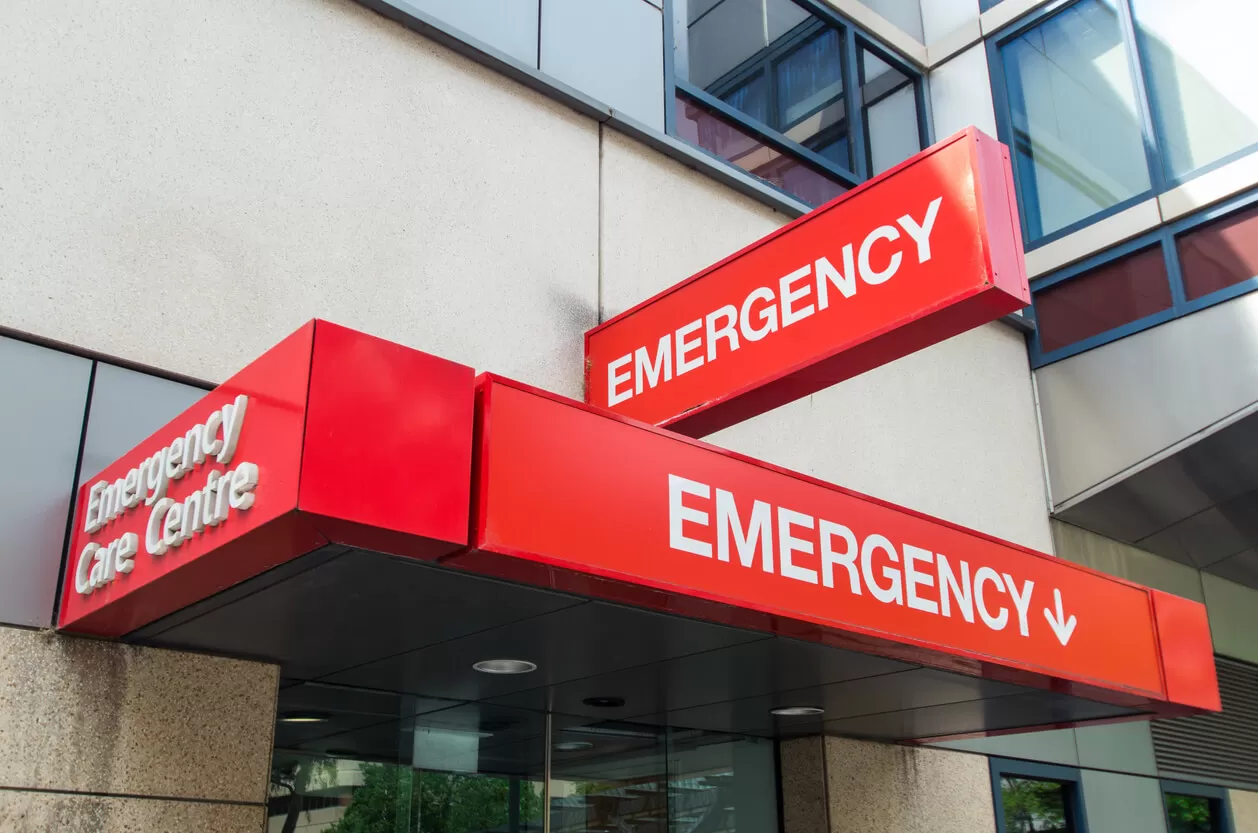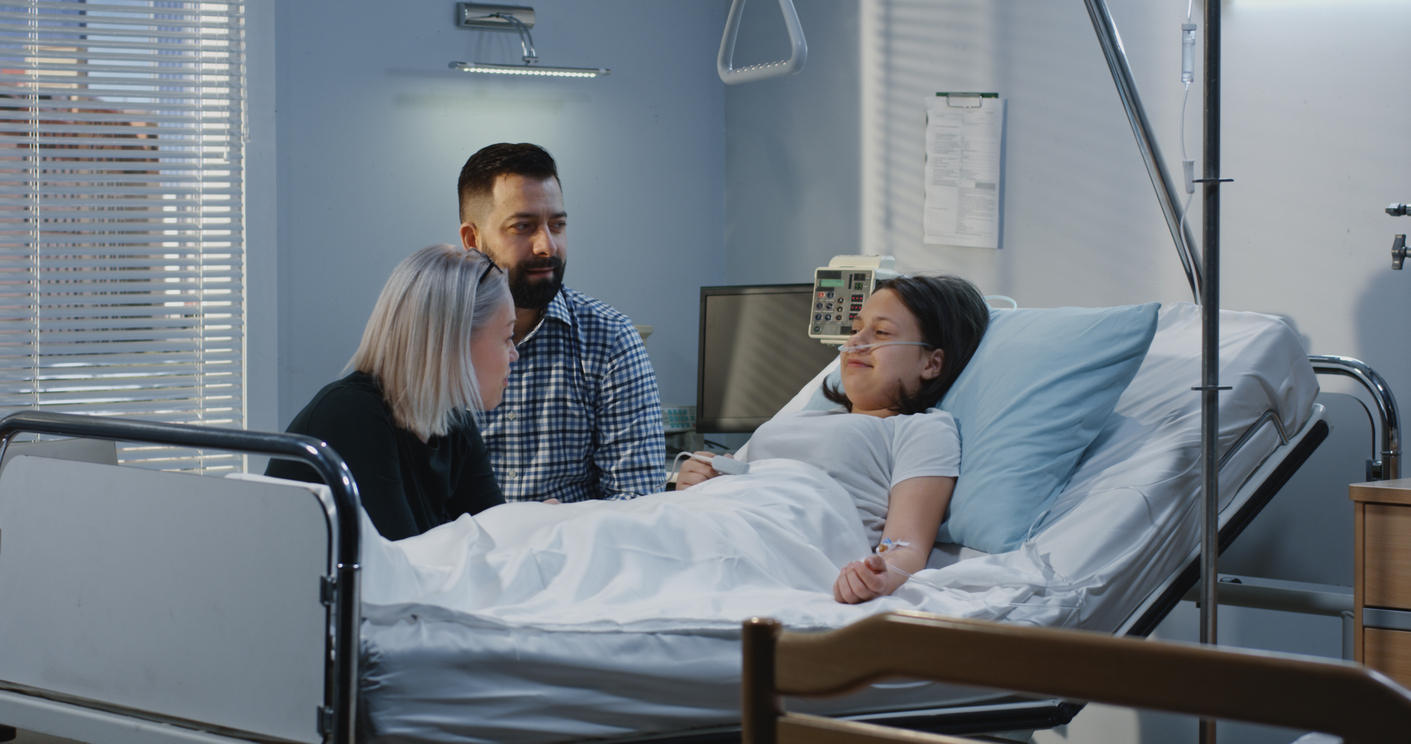Nothing is more stressful for a parent than seeing their child in need of emergency care. Understanding when and how to seek medical attention in these critical moments is essential. At Reliant Emergency Room, we provide compassionate and immediate care for children 24/7, ensuring that help is always available in urgent situations.
This guide for parents covers handling pediatric emergencies. It goes from recognizing the signs for an ER trip to what to expect during the visit.
When to Visit the ER with Your Child
Knowing when to seek emergency medical attention for your child can be daunting. Immediate ER visits are crucial in situations where delaying care could result in severe complications or worsen the child’s condition. Here are some clear indicators that you should take your child to the emergency room:
- High Fevers: A fever in a newborn (less than three months old) that exceeds 100.4°F (38°C) or a persistent high fever in older children that does not respond to over-the-counter fever reducers.
- Difficulty Breathing: Signs of respiratory distress, such as rapid breathing, wheezing, or the chest retracting with each breath, need urgent evaluation.
- Severe Allergic Reactions: Immediate medical attention is necessary if your child shows signs of a severe allergic reaction, including difficulty breathing, swelling of the lips, tongue, or face, or a widespread rash.
- Unconsciousness or Altered Mental State: If your child appears lethargic, disoriented, or unresponsive, it is critical to seek emergency medical care immediately.
- Serious Injuries: Significant injuries such as deep cuts, suspected fractures, or head injuries where there are signs of concussion or other symptoms like vomiting or confusion.
These are just a few examples of emergency conditions. In general, if you are unsure whether a situation is an emergency, it is better to err on the side of caution and take your children to the ER.
Children in the ER: Preparing for an Emergency Room Visit
Preparation can help in an emergency to reduce stress. It ensures your child gets quick, good care. Here are some tips on how to prepare for a visit to the ER with your child:
- Essential Documents: Always have a small pack ready with essential items such as your child’s health insurance card, a list of any allergies, current medications, and any relevant medical history. This information will help healthcare providers make informed decisions quickly.
- Comfort Items: Bringing a favorite toy, blanket, or book can provide comfort to your child in a potentially frightening environment. These familiar items can be soothing and help to distract them from the chaos of the ER.
- Stay Calm: Your child will likely look to you for reassurance, so maintaining a calm demeanor is crucial. Deep breaths and a composed presence can help ease your child’s fears and make the experience less traumatic for both of you.
- Effective Communication: Be clear and concise when describing symptoms or the sequence of events leading up to the ER visit. This clarity assists the medical team in diagnosing and treating your child more efficiently.
- Have a Charged Phone: Make sure your phone is fully charged before you leave for the ER. It’s vital for communication with family members and to receive updates about your child’s condition from medical personnel if you need to step away momentarily.
Children in the ER: What to Expect During Your Visit
Visiting the emergency room can be an overwhelming experience, especially when it involves your child. Understanding what to expect during your visit can help alleviate some of the stress and uncertainty. Here is what typically happens during a pediatric ER visit:
- Triage: Upon arrival, a nurse will perform a triage to assess the severity of your child’s condition. This is a critical step that determines how quickly your child needs to be seen. Symptoms like difficulty breathing, severe pain, or bleeding will result in immediate attention, whereas less severe symptoms might require a short wait.
- Registration: While your child is being assessed, you’ll be asked to complete registration forms. This includes providing personal information, medical history, and insurance details. Having this information readily available can expedite the process.
- Medical Examination: A pediatric ER doctor will examine your child, ask questions about their medical history and current symptoms, and perform necessary diagnostic tests. These tests may include blood tests, X-rays, or other imaging to help diagnose the problem accurately.
- Treatment: Based on the diagnosis, treatment may begin in the ER. This could range from administering medications to performing minor procedures or even surgery in critical situations. The medical team will keep you informed and involved in decisions about your child’s care.
- Observation: After treatment, your child may be observed for a few hours in the ER to ensure they are responding well to the treatment and to decide whether they need further care, can be discharged, or must be admitted to the hospital for ongoing observation.
- Discharge or Admission: If your child is stable and recovering, you will receive discharge instructions, including follow-up care, medications, and signs to watch for at home. If more intensive care is needed, they may be admitted to the hospital.
Throughout the visit, communication with the medical team is key. Feel free to ask questions and seek clarifications about your child’s condition, treatment options, and what you can expect moving forward.
Common Treatments and Procedures in Pediatric Emergencies
Various treatments and procedures are commonly administered to address acute conditions in children in the ER. Understanding these can help you anticipate what might occur during your child’s ER visit. Here are some of the most common treatments and procedures you might encounter:
- Medication Administration: Nurses may administer appropriate medications such as antibiotics, antipyretics (fever reducers), or analgesics for fevers, infections, or pain. To ensure safety, we calculate dosages based on your child’s weight and age.
- Wound Care: Your child needs wound care if they have cuts or lacerations. The care involves cleaning and stitching the wound. This prevents infection and promotes healing. In some cases, doctors may use glue or staples instead of stitches.
- Splinting and Casting: For suspected fractures or severe sprains, immobilization of the affected area through splinting or casting is common. This helps to prevent further injury until a more detailed assessment or follow-up care is possible.
- Asthma Management: In cases of asthma attacks, treatments may include administering oxygen, nebulizers (breathing treatments), or steroids to reduce inflammation in the airways and ease breathing difficulties.
- Dehydration Treatment: Treatment for dehydration, particularly from conditions like gastroenteritis, involves giving intravenous (IV) fluids to restore proper hydration and electrolyte balance.
- Observation and Monitoring: Continuous monitoring of vital signs (heart rate, blood pressure, oxygen saturation) is standard practice, especially after administering any treatment, to ensure there are no adverse reactions.
Skilled emergency room personnel give these treatments. They specialize in pediatric care. They will ensure that your child is in good hands.
Let Reliant Emergency Room Help Your Child
Navigating a pediatric emergency can be daunting, but knowing what to expect and how to prepare can make a significant difference. Remember, the staff at Reliant Emergency Room are ready and able to give the best care for your child in times of need. By understanding the typical processes and treatments in an ER visit, you can play a proactive role in your child’s care and recovery.
If your children in the ER needs immediate medical attention, trust Reliant Emergency Room for compassionate, expert pediatric care. We are here 24/7 to ensure your child receives prompt and effective treatment when it matters most. Visit our website or contact us directly for more information or to seek emergency care.








